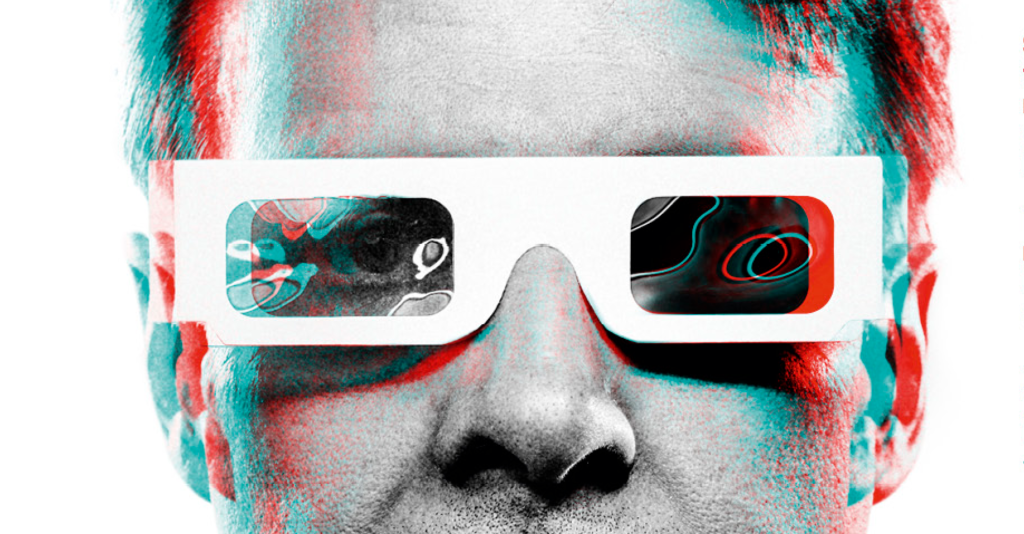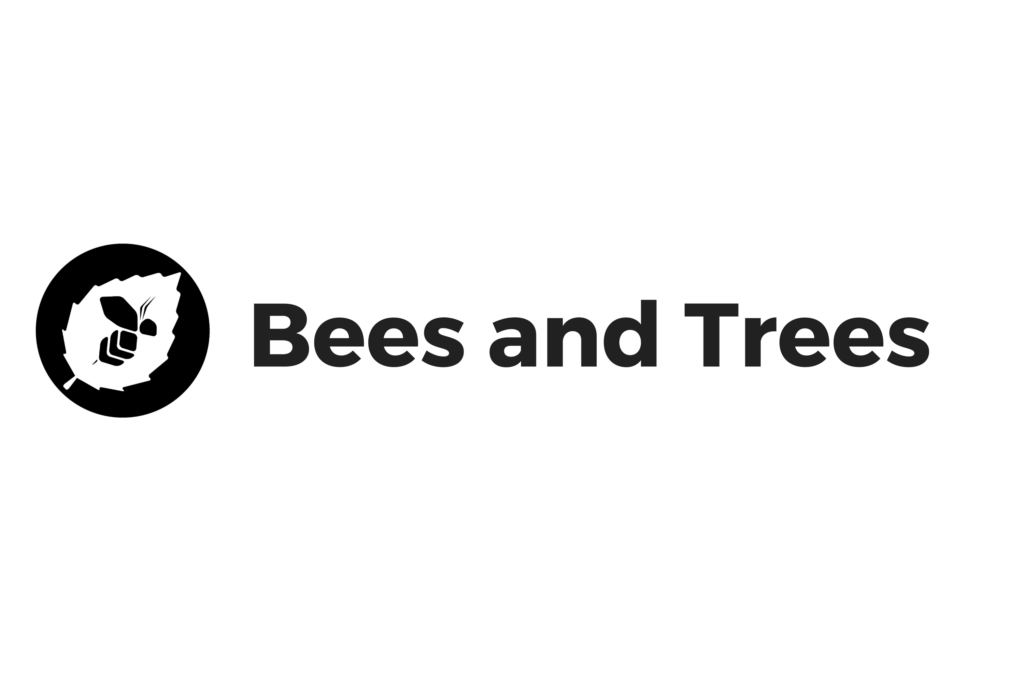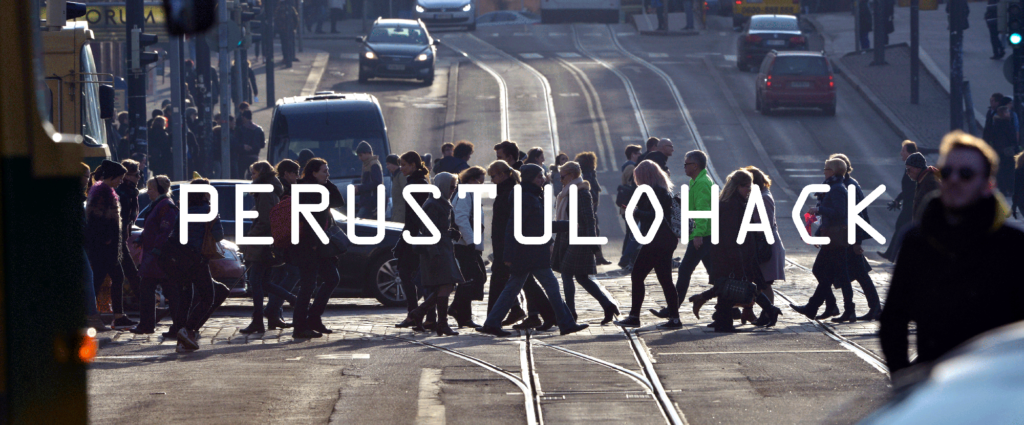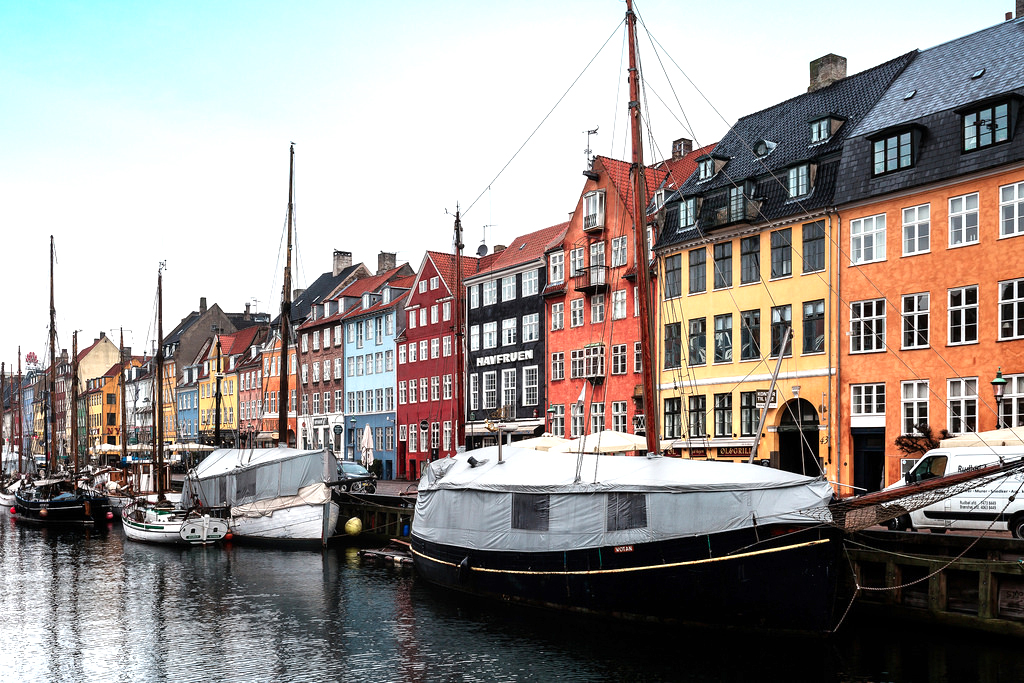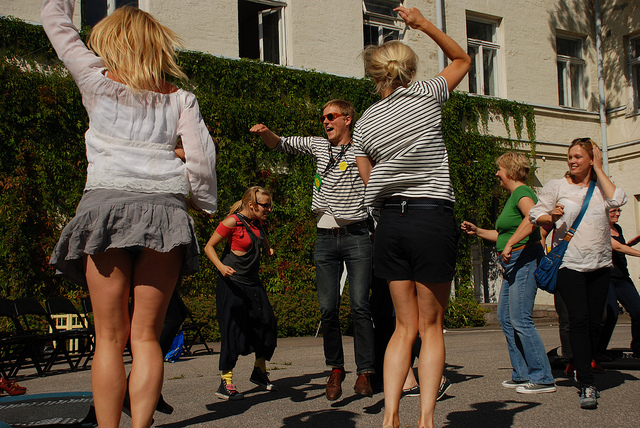Commentary
Why blockchain – the innovation behind Bitcoin – might completely transform the way we think about trust (and everything else)
Last week, we invited leading digital experts, designers and social scientists to discuss blockchain technology over a breakfast of coffee, sandwiches and yoghurt. The blockchain and its applications are indeed some of the most exciting recent developments in the digital world, but many questions remain unanswered. In this blog post,…
Read MoreHow giving up mobile phones saved Nokia – and why it’s ready to take over the world again
The future of the internet is the future of Nokia Text: Oskari Onninen Photography: Juha Törmälä Translation: Simo Vassinen The move was the finest one yet in the history of Finnish business, though no-one would believe it. Nokia issued a press release on the first of July in 2013.…
Read MoreSmart Talk: Carlo Ratti, on the role of testbeds, technology, and design within cities
Rapid urbanisation and the aging of our building stock place serious strains on the quality of life in cities, and on management of big infrastructure systems. The smart city paradigm promises to combat these challenges, but it is often leaving out a fundamental fact: our cities are old. The Smart Retro approach is a…
Read MoreBees and Trees – cooperation between startups and big companies
The Bees and Trees project maps the possibilities for cooperation between small companies (bees) and large companies (trees) in the field of consumer cleantech. The project is part of Tekes’ Cleanweb program. Strategic partnerships are necessary for the co-creation and development of groundbreaking products and services. This need is particularly relevant…
Read More7 findings you can’t ignore on digitalization and new business ecosystems
Digitalisation is no longer about computers; people and physical things are becoming hyperconnected with cheap, abundant sensors resulting in the merging of digital and physical realities. To meet these challenges, Nordic societies look for new ways to prosper in the era of hyperconnectivity while upholding the traditional Nordic values of…
Read MoreSmart Talk: Alexander Ståhle, on the connection between Nordic urbanism and ‘smartification’
Rapid urbanisation and the aging of our building stock place serious strains on the quality of life in cities, and on management of big infrastructure systems. The smart city paradigm promises to combat these challenges, but it is often leaving out a fundamental fact: our cities are old. The Smart Retro approach is a…
Read More5 Views on What Basic Income Should Be and Why It Matters
It seems that basic income is on the lips of everyone today. From Finland to the Netherlands, Switzerland to Canada, governments and cities have embraced the idea as one worth testing. Although talk of basic income has been around for some time, it seems that now there is a real…
Read MoreSmart Talk: Re-thinking cities with Gordon Feller
Rapid urbanisation and aging of our building stock put serious strains on the quality of life in cities, as well as the management of big infrastructure systems. The smart city paradigm promises to combat these challenges, but its often ignoring a fundamental fact: our cities are old. Smart Retro approach is a novel…
Read MoreInside Finland’s Basic Income Hackathon
Finland has plans for a basic income scheme that would dispense with the complexities of the social security system. A group led by Kela, the Social Insurance Institution of Finland, and consisting of representatives of various research institutes, is developing a model for a basic income trial in 2017. To…
Read MoreThe rise of the carbon-neutral Nordic city
Cities now account for 70% of the world’s CO2 emissions. From Oslo to Copenhagen to Växjö, cities both large and small have realised that where states have failed on an international level, cities can still succeed on a local one. Cities have shown the will to take the lead, and in…
Read MoreWhy Helsinki – a mix of Detroit and Geneva – is one of the most exciting cities in the world
Smart doesn’t have to mean boring. As city officials, corporations and other traditional institutions get on board with Helsinki’s thriving participatory urban culture, the Finnish capital is turning into one of the most exciting cities in the world. Nordic think tank Demos Helsinki says the prospering urban commons is a…
Read MoreSmart talk with Mehmet Kaplan
Hyperconnected Neighborhoods, Transparent Cities, Smart Meetings and Transportation-on-Demand. These are some topics we’ll present and talk about on April 11 together with Mehmet Kaplan, Sweden’s Minister for Housing, Urban Development and Information Technology. The discussion is based on Demos Helsinki’s new report on the great potential that the massive initiatives in…
Read More

